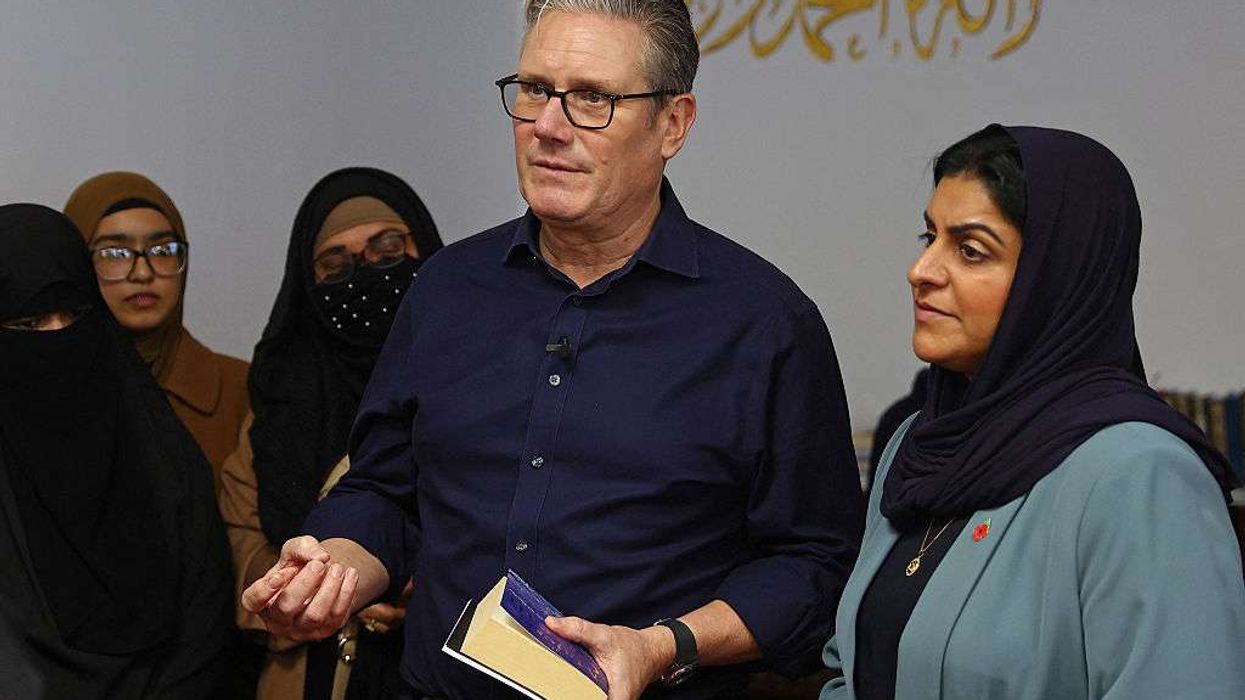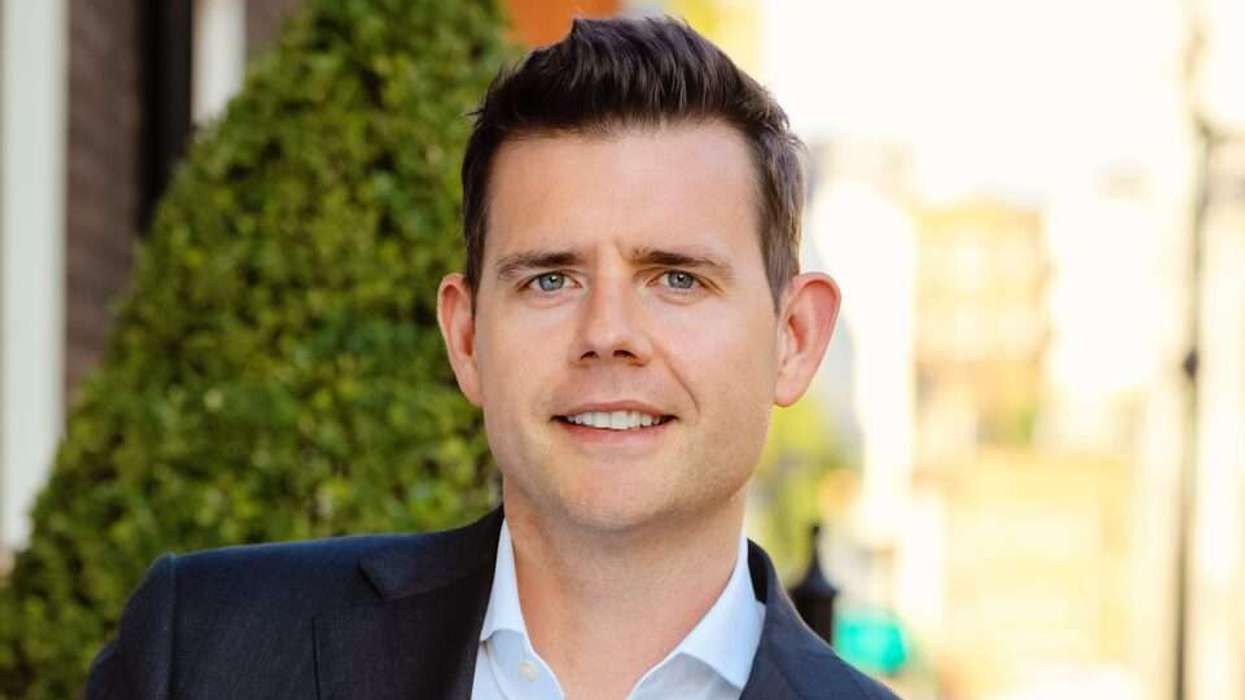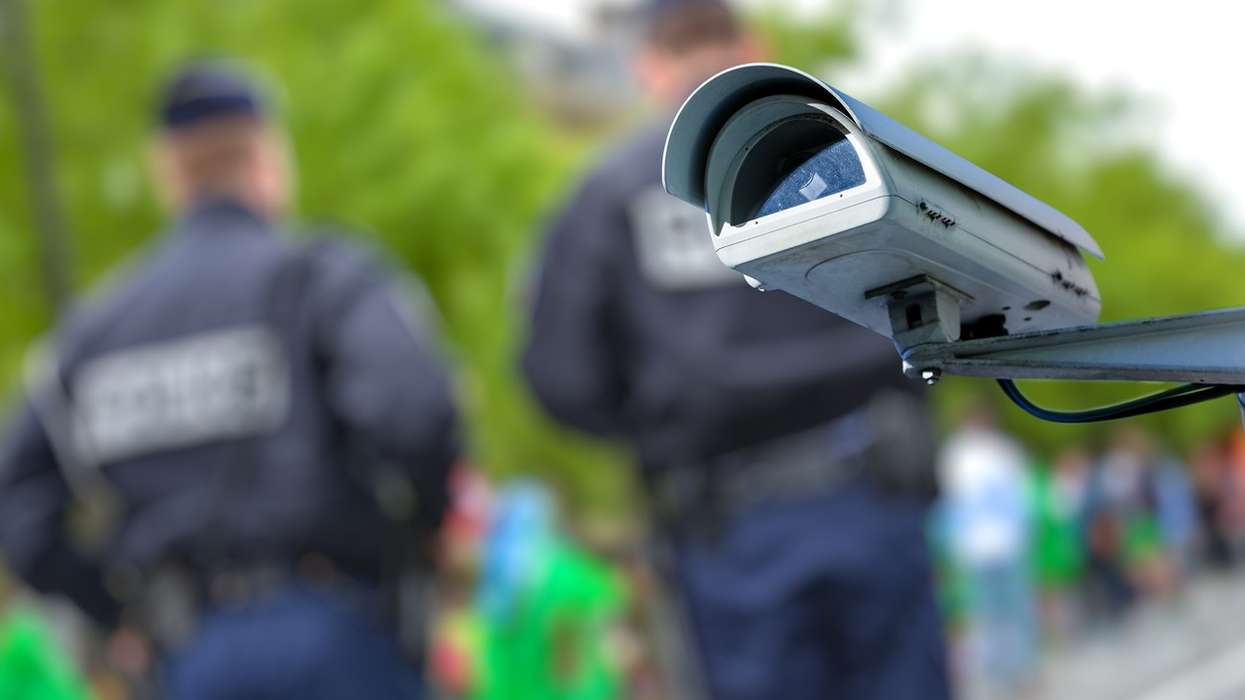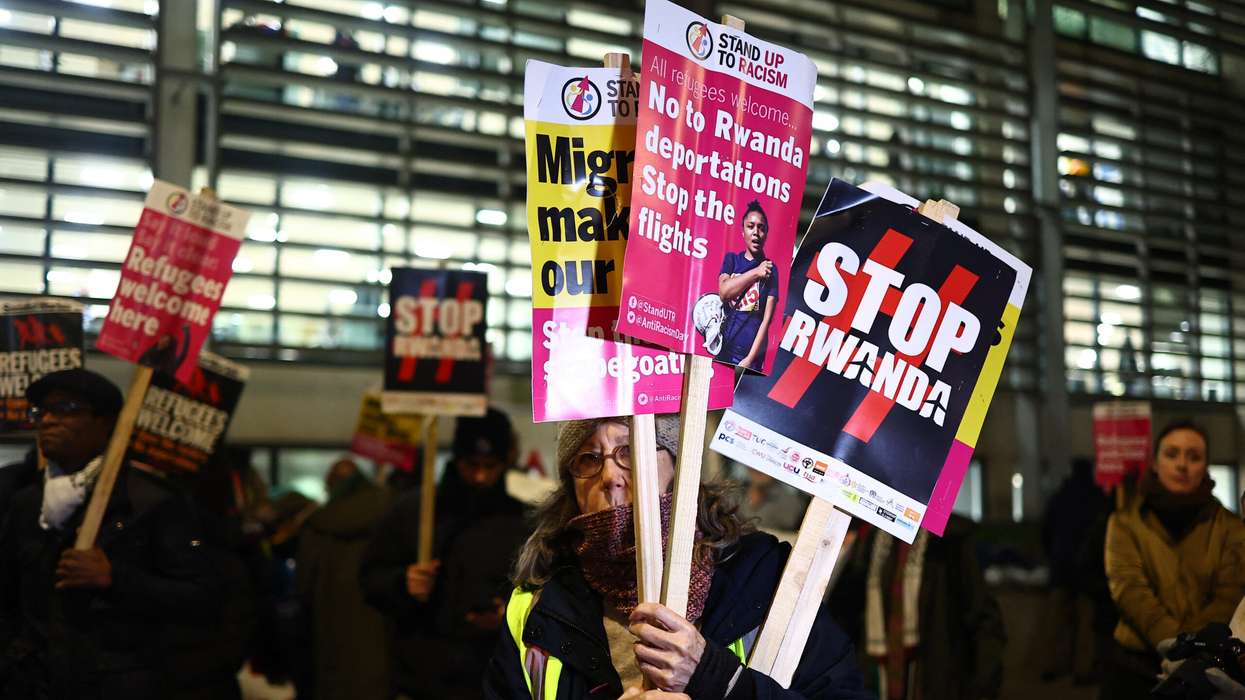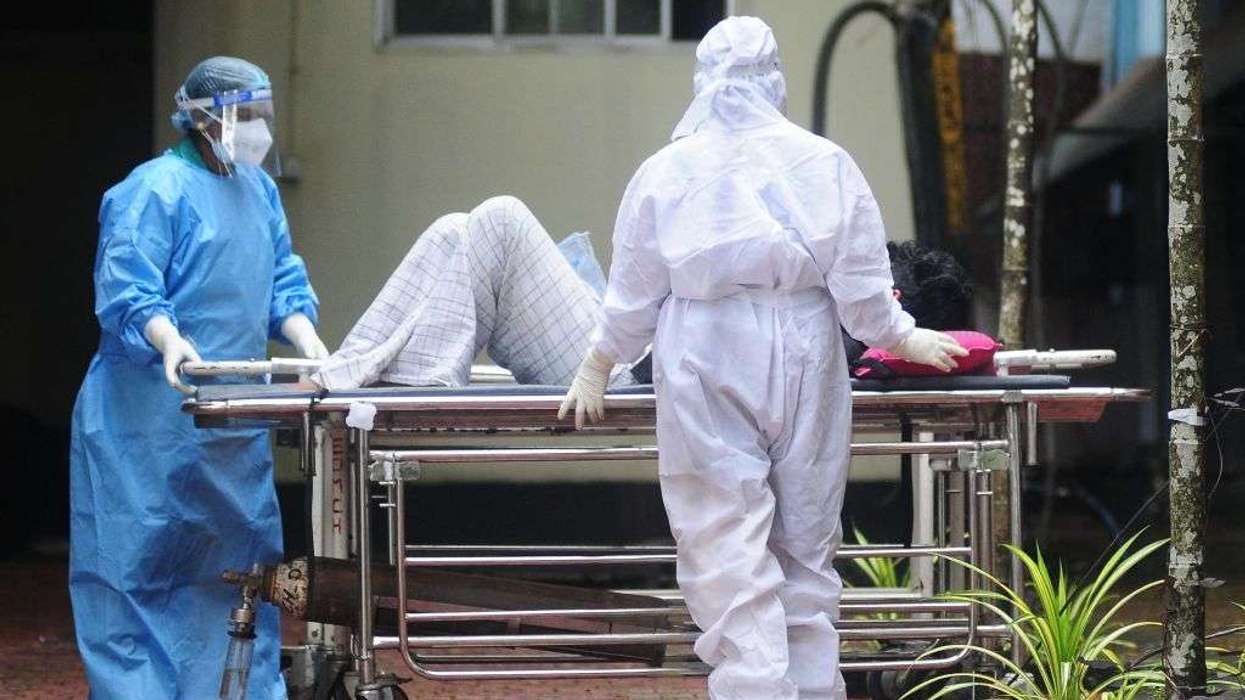MOSQUES and Muslim faith centres across the country will receive an additional £10 million in security funding to protect them from hate crime and attacks, prime minister Keir Starmer announced on Thursday (23).
Starmer, accompanied by home secretary Shabana Mahmood, announced the funding following a visit to Peacehaven Mosque in East Sussex, which was targeted in an arson attack on October 4.
The money will pay for security measures including CCTV cameras, alarm systems, secure fencing and security personnel. It will be distributed through the Protective Security for Mosques Scheme, which supports mosques, Muslim community centres and Muslim faith schools that have experienced or are at risk of hate crime.
The additional funding, which was part of the government's plan to create safer streets across Britain, brings the total available this year for mosques and Muslim faith schools to £39.4m, an official statement said.
Recent months have seen several attacks on mosques. During disorder last summer, mosques in Southport, Hull and Sunderland were targeted.
The latest hate crime statistics show that anti-Muslim hate crimes rose by 19 per cent in the year ending March 2025. Muslims were the target of 44 per cent of all religious hate crimes recorded during that period.
The prime minister said attacks on any community were attacks on the entire nation and its values. "This funding will provide Muslim communities with the protection they need and deserve, allowing them to live in peace and safety," he said.
He added that the government was committed to delivering safer streets for everyone and protecting places of worship from those who seek to divide communities through hate and violence.
Mahmood said the attack on Peacehaven Mosque was an appalling crime that could have led to a more devastating outcome.
"Violence and intimidation directed at any community or faith are attacks on us all. We must stand together against those who seek to divide us," she said.
Akeela Ahmed, chief executive of the British Muslim Trust, said members of Muslim communities had become fearful as mosques had been vandalised and set on fire, and worshippers had been abused and assaulted.
"We welcome the announcement of this funding which will play a key role in helping members of Britain's Muslim communities feel the safety and reassurance they need and deserve," she said.
